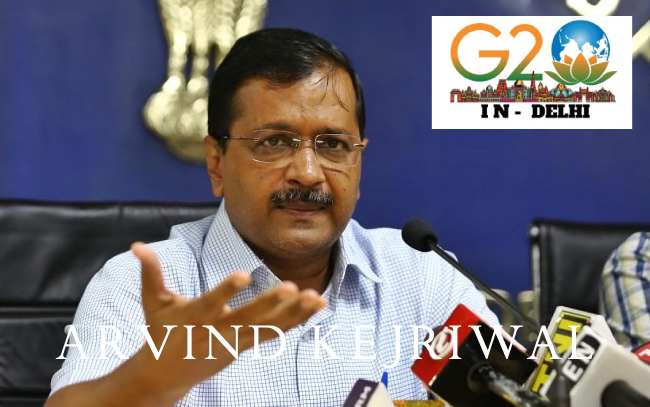In a recent development, the Delhi government has announced a significant decision that has captured the attention of residents and stakeholders alike. The capital city is set to experience a three-day shutdown in the month of September. This move, although temporary, is expected to have far-reaching implications on various aspects of daily life, governance, and public services.
Reasons Behind the Shutdown:

The decision to shutdown the Delhi government for three days in September comes as a response to a combination of factors. While the specific reasons might vary, shutdowns of this nature are often implemented for critical maintenance, administrative reorganization, and policy evaluations. The government aims to utilize this period to undertake essential tasks that are deemed challenging to execute while regular operations are ongoing.
Impact on Public Services:
During the three-day shutdown, the functioning of various government offices and services is likely to be temporarily suspended. This includes departments responsible for public services such as administrative functions, licensing, and other citizen-centric services. While such a pause might lead to inconveniences for citizens needing immediate assistance, it is expected that the long-term benefits of improved efficiency and upgraded systems will outweigh the temporary disruptions.
Preparations and Communication:
In anticipation of the shutdown, the Delhi government has emphasized clear and transparent communication. Information about the dates, reasons, and expected impact has been disseminated to the public through official channels, including government websites and press releases. This proactive approach seeks to minimize confusion and ensure that citizens are well-prepared for the temporary changes.
Potential Benefits:
A temporary shutdown allows government departments to address backlogs, streamline processes, and implement updates that might have otherwise been challenging during regular operations. It provides an opportunity for staff to focus on essential tasks that require concentrated efforts without the pressures of day-to-day operations. Additionally, it offers an avenue for necessary technology upgrades and maintenance.
Challenges and Considerations:
While the shutdown holds promise for enhancing administrative efficiency, it is essential to acknowledge potential challenges. The temporary suspension of public services might impact citizens who require immediate assistance, and steps should be taken to mitigate any adverse effects. Additionally, efforts to minimize disruption to essential services should be a priority during the planning and execution of the shutdown.
Community Response:
As news of the Delhi government’s upcoming shutdown circulates, it has garnered mixed reactions from the community. While some view it as a positive step towards improving government functionality, others express concerns about the potential inconvenience caused by the temporary closure of public services. The true impact and effectiveness of the shutdown will likely become more evident once the three-day period is concluded and its outcomes are assessed.
Conclusion:
The decision by the Delhi government to undergo a three-day shutdown in September reflects a proactive approach towards enhancing administrative efficiency and public services. While it might lead to temporary inconveniences, the government’s commitment to clear communication and the potential long-term benefits of the shutdown are reasons for cautious optimism. As the shutdown period approaches, residents, businesses, and stakeholders are advised to stay informed through official channels and to anticipate potential adjustments to their schedules and interactions with government services.
The G20, or Group of Twenty, is an international forum for the governments and central bank governors from 19 countries and the European Union (EU). As of my last knowledge update in September 2021, the G20 member countries are:
- Argentina
- Australia
- Brazil
- Canada
- China
- France
- Germany
- India
- Indonesia
- Italy
- Japan
- Mexico
- Russia
- Saudi Arabia
- South Africa
- South Korea
- Turkey
- United Kingdom
- United States
Additionally, the European Union is also represented at the G20 meetings.






